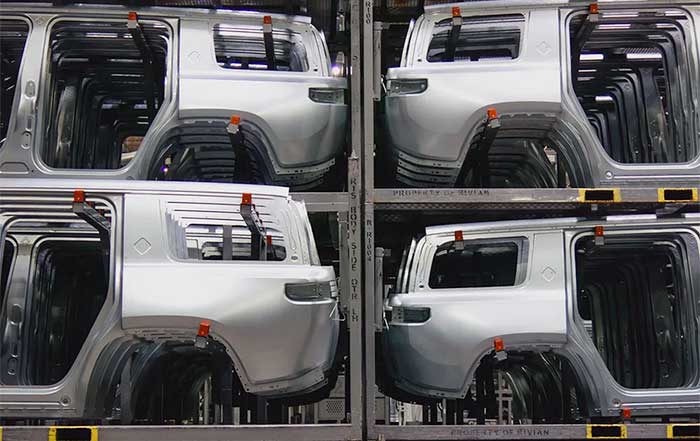As per Fact.MR, a provider of market research and competitive intelligence, the global electric truck market is forecasted to reach a value of US $78 Billion by late 2033 while expanding at a CAGR of 14.5%.
Electric trucks are vehicles that run on electricity instead of fossil fuels, making them eco-friendly with zero emissions. They are more energy-efficient, have lower operating costs, and benefit from government incentives, making them financially attractive for businesses. Electric trucks also operate quietly, reducing noise pollution, and advancements in battery technology are increasing their range and practicality.
Electric trucks are becoming popular because of a few reasons. First, strict environmental rules worldwide and the desire to reduce carbon emissions are encouraging the development of electric vehicles. Second, better and cheaper batteries are making electric trucks more practical for businesses. Third, people and businesses are more aware of environmental problems, so they are choosing electric vehicles.
Charging electric truck batteries takes a long time due to their large capacity and limited fast-charging infrastructure. This extended charging period creates downtime for businesses, impacting their efficiency and causing delays in deliveries. Electric truck batteries are heavy, which reduces how much cargo the truck can carry. This limits the types of goods they can transport effectively, especially heavy or bulky items.
The market in Asia Pacific is expected to climb to a CAGR of 23% during the forecast period (2023 – 2033). China is a leader in the region due to urbanization, automotive industry advancements, and industrialization.
The US market is expected to offer lucrative opportunities and the market is experiencing a significant transformation due to the increasing momentum behind sustainability and cleaner transportation initiatives.
Light duty vehicles market is expected to experience a CAGR of 6% during the forecast period due to its quieter operations and low operational cost.
Battery electric vehicles account for higher sales due to zero emissions and capability to reduce noise pollution.
Market Competition
The electric truck market, marked by intense competition, is experiencing a dynamic shift due to the worldwide demand for sustainable transportation solutions. Key industry players include BYD, Mercedes Benz Group AG, AB Volvo, Ford Motor Company, and Rivian. Competition primarily revolves around key factors such as battery technology, vehicle range, charging infrastructure, pricing, and overall performance.
Country-wise Insights:
What Possibilities Await US Electric Vehicle Manufacturers?
Objectives for corporate sustainability, federal fleet electrification, and cost savings should all be prioritized.
As the movement for sustainability and cleaner transportation picks up steam, the electric truck sector in the United States is undergoing a dramatic shift. Despite their higher initial prices, electric trucks can be more financially appealing over the course of the vehicle's lifecycle due to their lower running and maintenance expenses. In contrast to trucks powered by internal combustion engines (ICEs), electric vehicles have fewer moving parts and require less maintenance.
The federal government's determination to electrify its fleet of vehicles gives the electric truck sector a considerable boost. Government fleets switching to electric trucks promotes the viability of the technology and spurs private-sector adoption.
Sustainability is being incorporated into operational plans by numerous organizations and corporations. Their decision to switch to electric trucks is consistent with their aim to lessening their carbon impact and implementing eco-friendly practices.

